5 Reasons Superchargers Are Dying Out
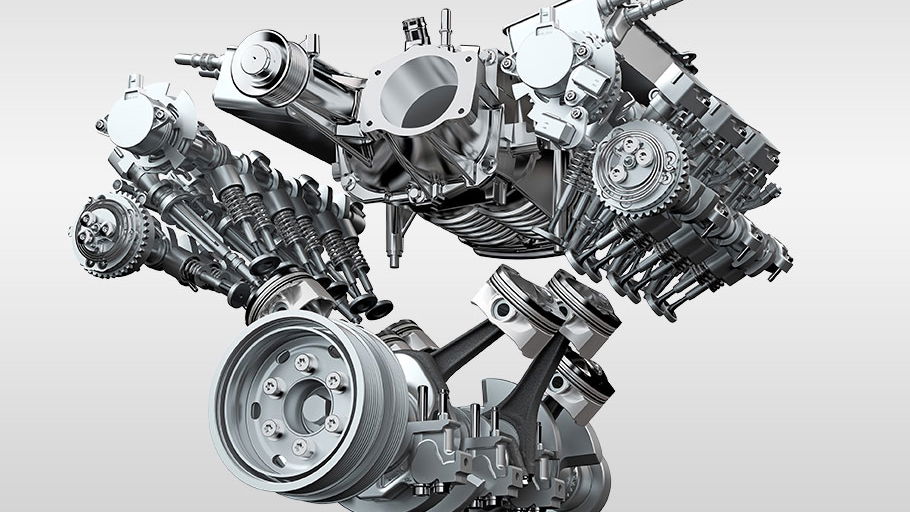
Superchargers have been a staple of forced induction for decades, with the first supercharged cars strapping the compressors to the front of the engine before emigrating to sit either on top of the engine block or bolted to the engine’s flank. Despite the legendary whine of this induction method, superchargers are dying out with the dawn of downsizing and turbocharging.
It’s even looking like Jaguar might be leaving superchargers in the past, having once been stalwarts of the technology for the last couple of decades, and one of the few manufacturers still using them.
So why are they old hat?
1. Lack of efficiency
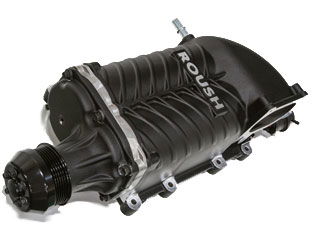
While turbochargers recycle exhaust gases and increase an engine’s efficiency, a supercharger is driven by a connection to a belt running from the crankshaft. This means that energy is being sapped from the engine’s natural rotation to power the supercharger. This is known as a parasitic loss.
The parasitic loss is also directly proportional to an increase in fuel consumption as the engine is working harder to produce the desired power, which these days is a massive black mark in any manufacturer’s book.
2. Dimensions
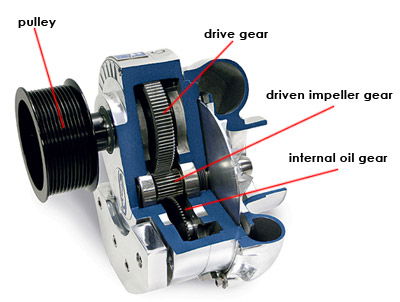
With the automotive power war in full swing, it is fairly easy for a manufacturer to ramp up the power from a turbocharged engine by turning up boost pressure or fiddling with the turbine’s internals. For a supercharger to keep up in the same fashion, the dimensions of the entire ‘charger would have to increase in conjunction with the amount of desired boost, blowing up to something inconveniently heavy and massive.
3. Reliability
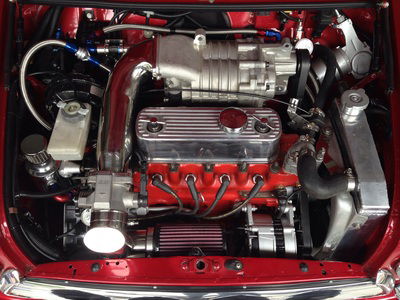
A supercharger puts a huge amount of stress on an engine through kinetic energy and heat production, therefore many engine components have to be over-engineered to cope with the additional strains put upon them. In most cases, this then leads to added weight and diminishing returns in terms of performance.
4. High weight placement
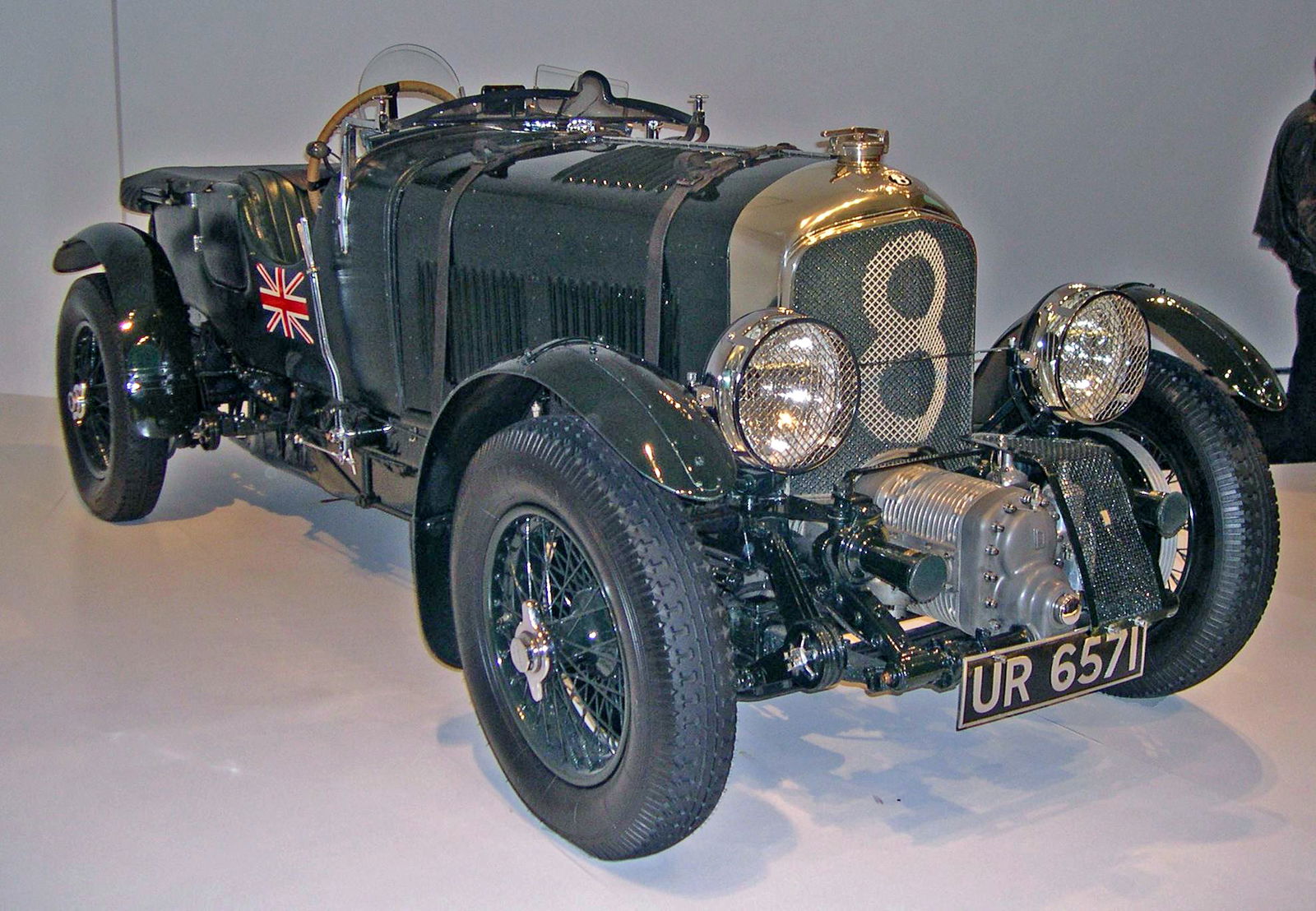
The popular placement for a modern supercharger is above the bank of cylinders, with many V8 engines positioning it neatly above the engine’s V. Unfortunately, this means a large chunk of metal alloy is sitting very high in the engine bay, raising the overall centre of gravity of the car which could potentially disturb the car’s dynamics. An increase in height of the centre of gravity increases the rate of yaw and will lead to much more lateral lean during hard cornering; not something that’s ideal for performance car motoring.
5. Cost
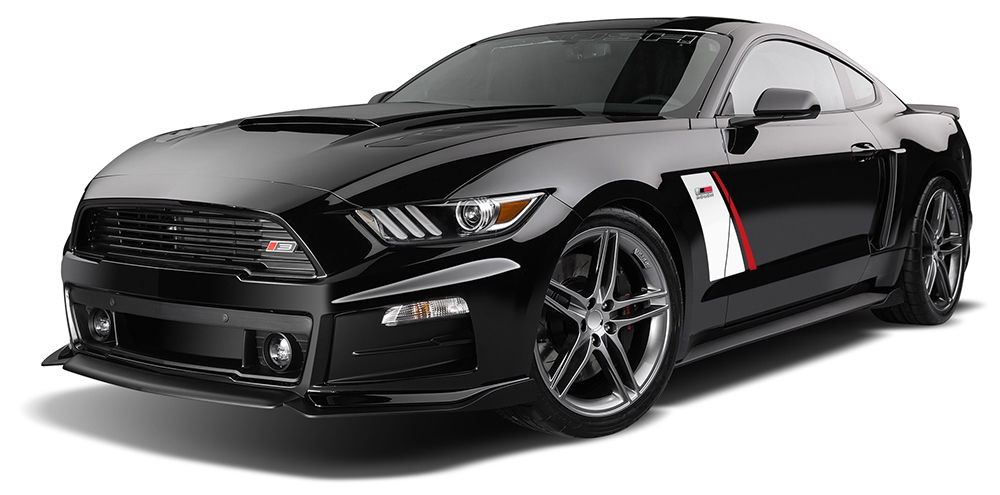
The sheer amount of engineering that goes into supercharging a vehicle almost inevitably trickles down into the price tag. The additional reinforcing of standard components to meet the specifications for supercharging will inevitably lead to a higher price tag along with the need to use premium fuels in engines subjected to the stresses of forced induction of this manner.
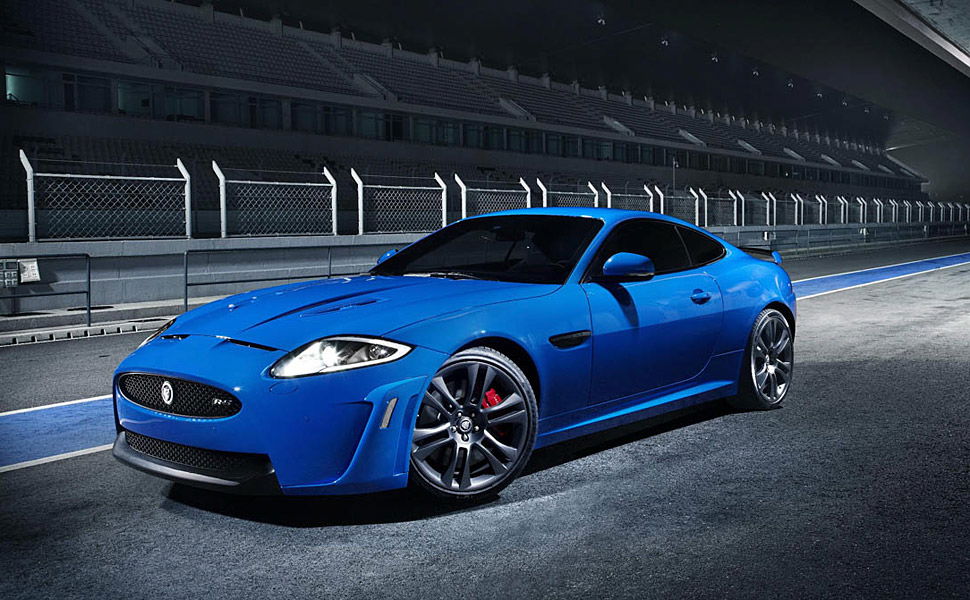
I personally love the sound and feel of a supercharger and would take one over a turbocharger on my Mk2 MX-5 any day of the week. Thee linear power delivery and the visceral shriek they pump into the cabin is truly addictive. Cars like the Vauxhall VXR8 and the Jaguar XKR-S are supercharged legends, or you could go the full whack and combine supercharging with turbocharging like Lancia on the brutal Delta S4. If there was ever an argument for supercharging, this onboard footage is it.
I’ll be sad to see superchargers consigned to the history books. They’re not perfect, but cars wouldn’t be any fun if they were flawless, would they?
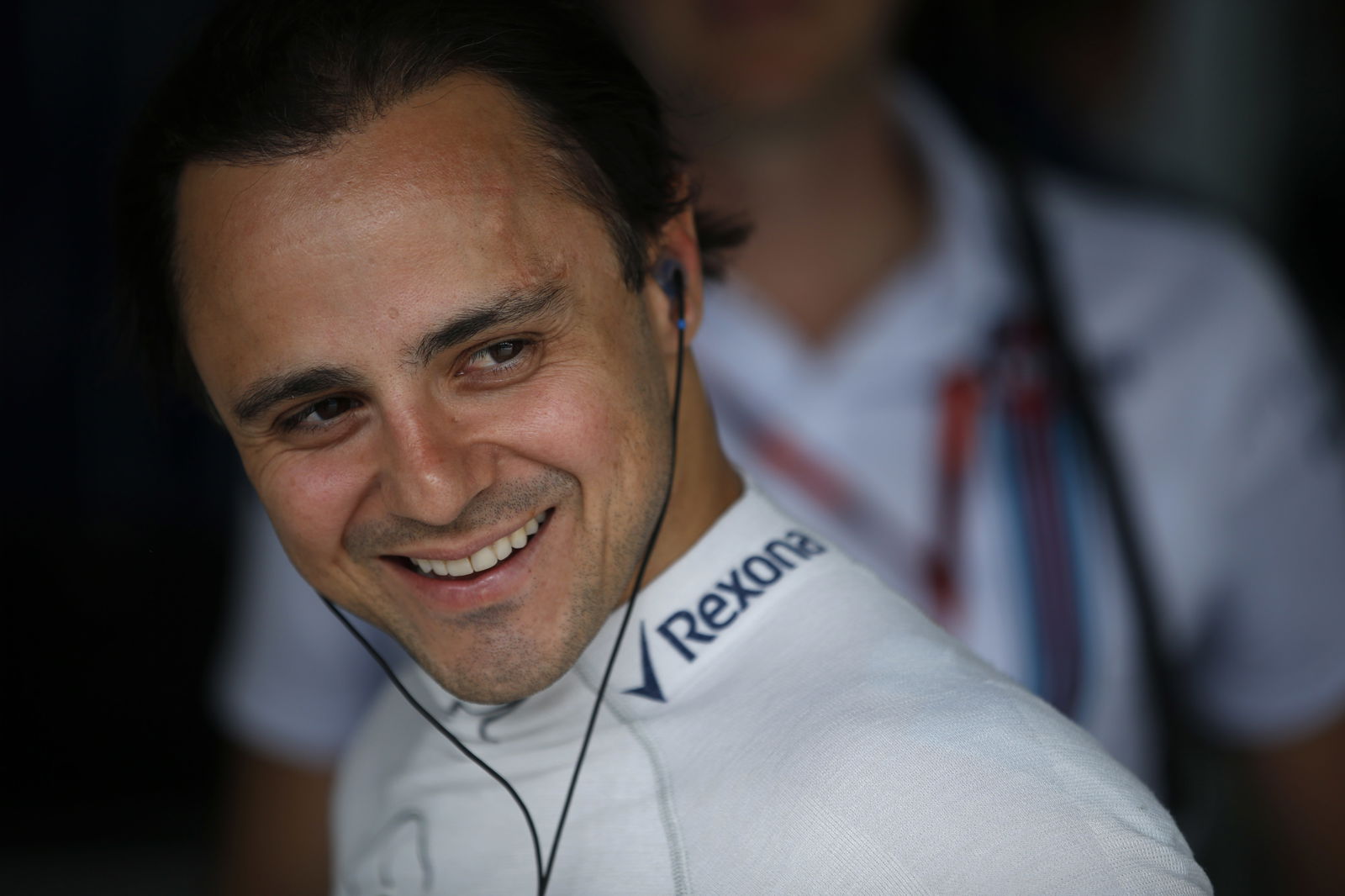
Comments
Reason #1. They rob power to make power. Lol
I Quit my office-job and now I am getting paid 98 usd hourly. How? I work over internet! My old work was making me miserable, so I was forced to try somethiiing different, 2 years after…I can say my life is changed-completely for the better! Check it out what i do…
Check More Detail——>> ReportMax70.Tk
I have two questions.
Dying out?! Evidence?
Pagination